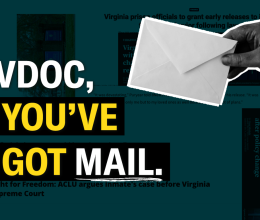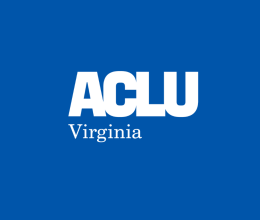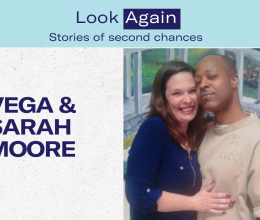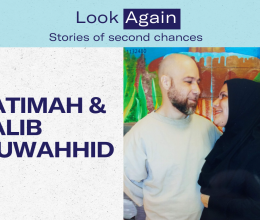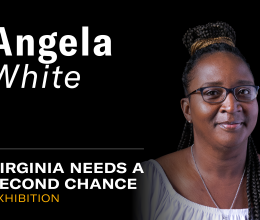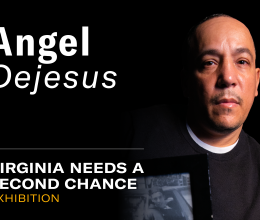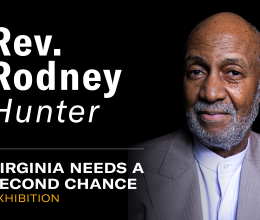RICHMOND, Va. – The ACLU of Virginia, the disAbility Law Center of Virginia, the law firm of Brown, Goldstein and Levy, and the Office of the Attorney General of Virginia reached a settlement on Friday, May 17, in a lawsuit brought on behalf of the National Federation of the Blind of Virginia and four blind men, Michael McCann, Kevin Muhammad Shabazz, William Hajacos, and Nacarlo Courtney, alleging that the Virginia Department of Corrections (VADOC) denied them equal access to prison communications, services, and programs.
Prior to trial, the Court dismissed some of the plaintiffs’ claims and allowed others to proceed to trial. However, in the best interests of all the parties involved, a settlement agreement was reached. The settlement agreement will be posted publicly on the docket in the case, and people in VADOC custody will be notified of the agreement. The terms of the settlement include monetary and non-monetary relief to better support blind and low-vision people in VADOC custody, as enumerated here. The non-monetary terms include making additional accommodations available to blind incarcerated people, clarifying the process by which accommodations are requested and reviewed, providing training for the incarcerated people who serve as caregivers to blind and low-vision people at facilities where those caregivers are available, and changing policies related to housing and employment.
The parties jointly released the following statement:
“VADOC denies that it has ever violated the rights of any blind or low-vision person in its custody, and this case did not include such a finding. All parties recognize that blind and low-vision people in VADOC custody have a legal right to the same program access, health, and safety that sighted people who are incarcerated do. The Americans with Disabilities Act and Section 504 of the Rehabilitation Act require prisons to provide people with disabilities in their custody with equal access to communications, programs, and services. Under the settlement, the parties agree that the incarcerated plaintiffs, as well as other blind and low-vision people, will have equal access to the communications, programs, and services offered to sighted people in prison. The parties have no further comment on this case.”
